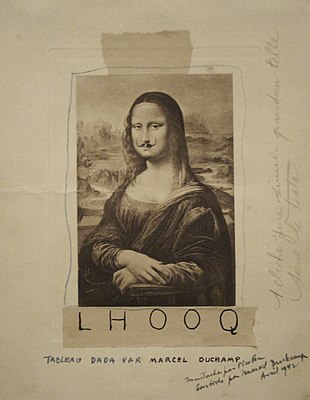The question is general, but I will explain it with a specific example I am currently facing.
In 1890, a book was published in Germany. Its author died in 1915. According to my understanding of copyright law, this book is now indisputably in the public domain in every country in the world and so I can do anything I want with it, though please correct me if this is not true.
In 1974, a new reprint edition was published by the same publisher. At that time, the work was apparently still copyrighted, less than 70 years having passed since the author's death. The content is absolutely identical in all respects: close inspection of the two editions (which I have at hand) reveals that the 1974 edition was printed with plates that have been copied, either stereotypically or photographically, from the original 1890 plates. Apart from the title pages and the design on the endsheets, the type is indistinguishable.
The 1974 edition is now out of print. I have contacted the publisher (which still exists, absorbed into a large and renowned German academic publishing conglomerate) regarding licensing and reuse. They claim that they still own the copyright on the 1974 edition, and they give me a quote of over 1000 euros to reproduce even just a few pages, and around 10000 euros for the entire work (which is less than 100 pages in total).
Suppose I ignore their avaricious demands and reuse the text anyway. Is this safe? I do intend to credit the source, and I will claim that I am reproducing excerpts of the text from the 1890 edition (which is truthful, as far as anyone could know, because I could easily do the actual retyping and/or OCR using my physical 1890 copy). I will not mention the 1974 edition. However, the result will be that my publication will contain text which is an exact copy of the 1974 text, over which the publisher apparently reserves rights and expects licensing fees. Am I at any risk of legal trouble here, or is my defence watertight?
